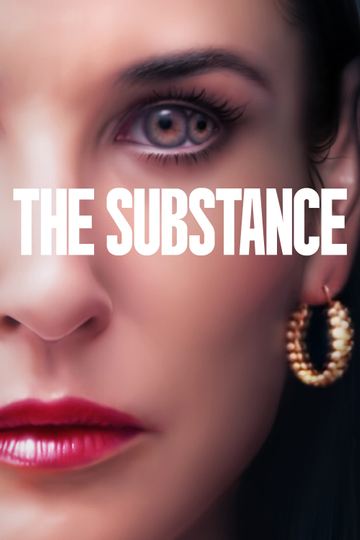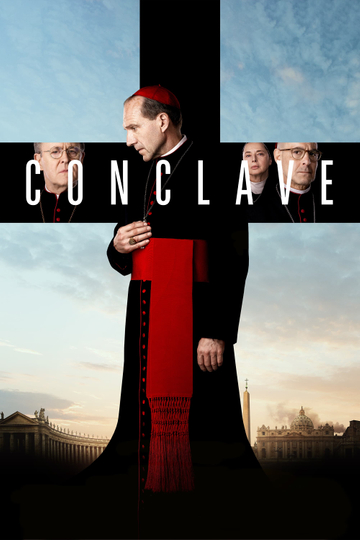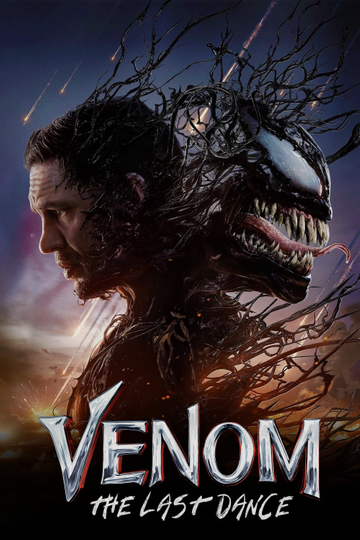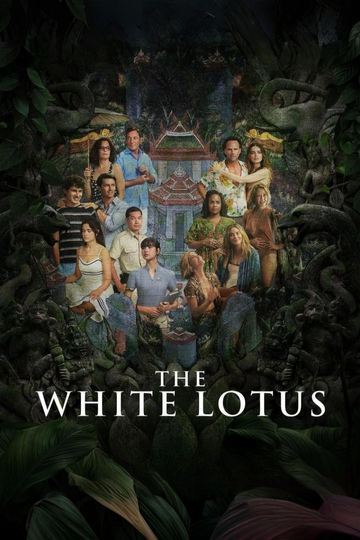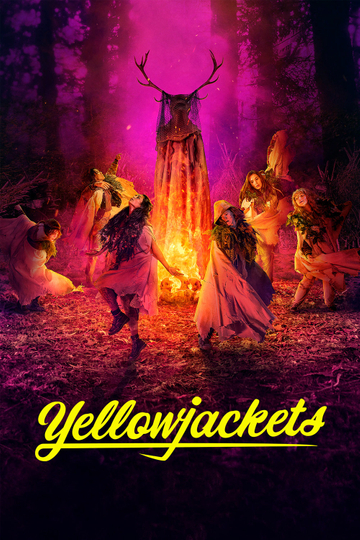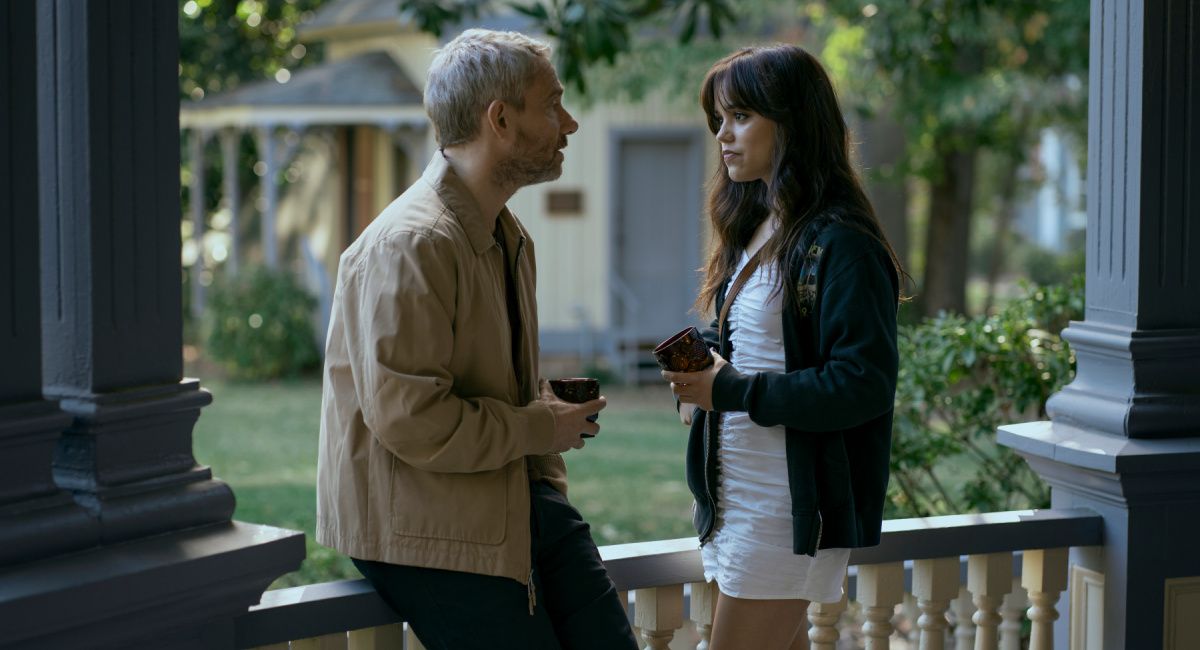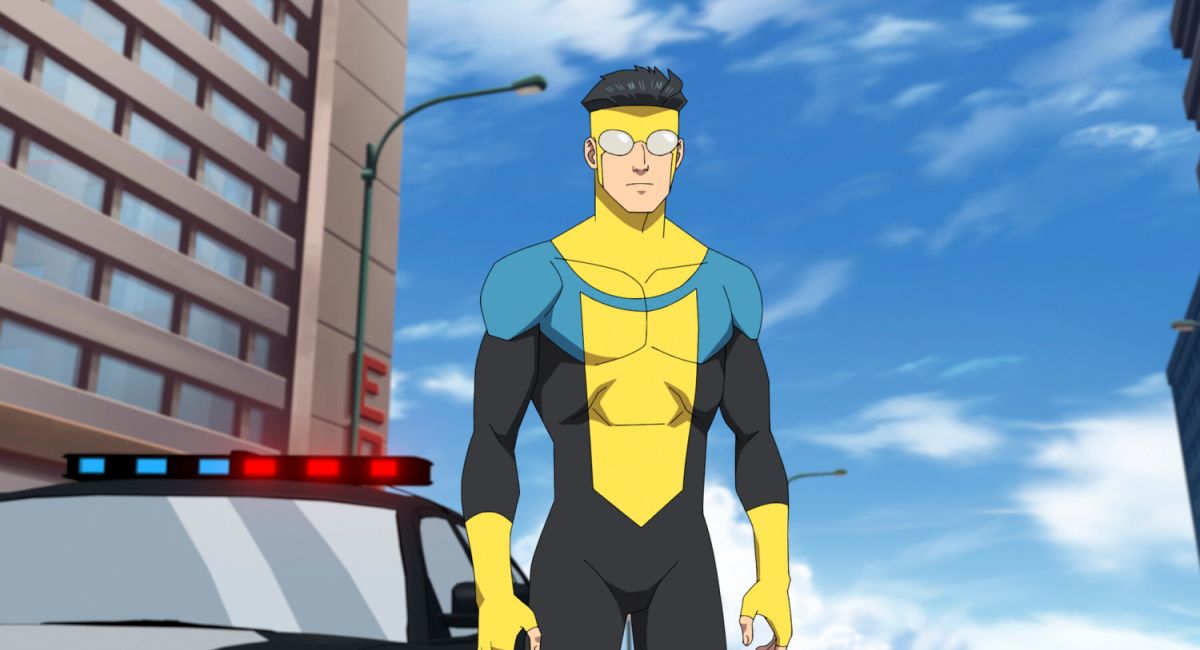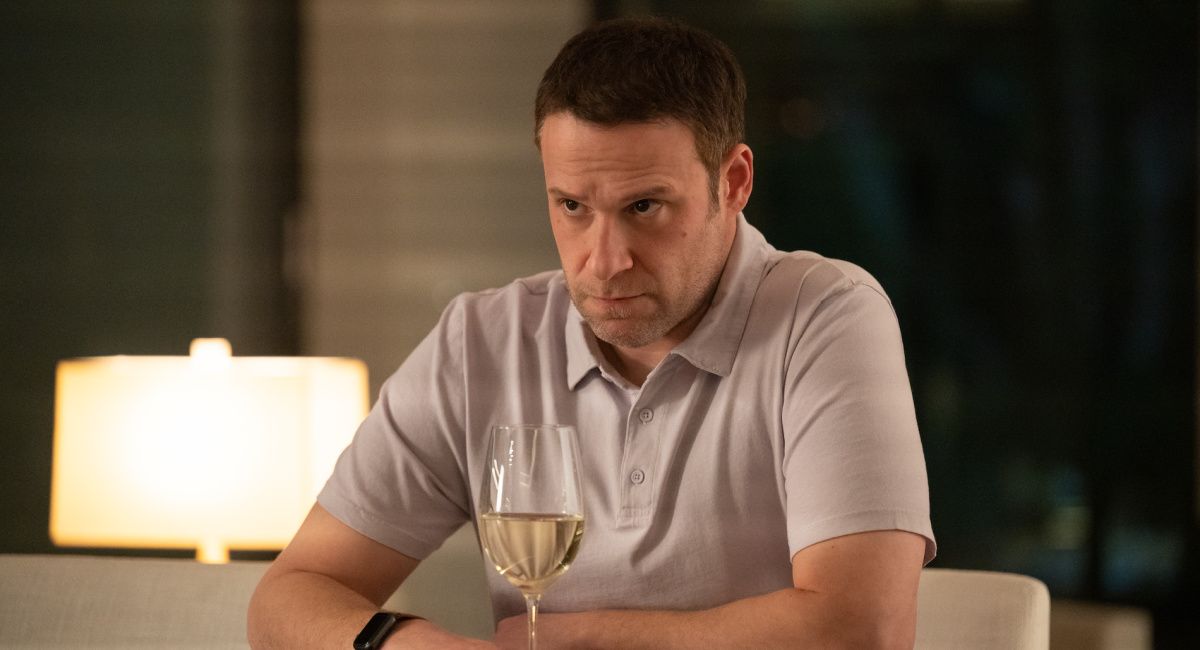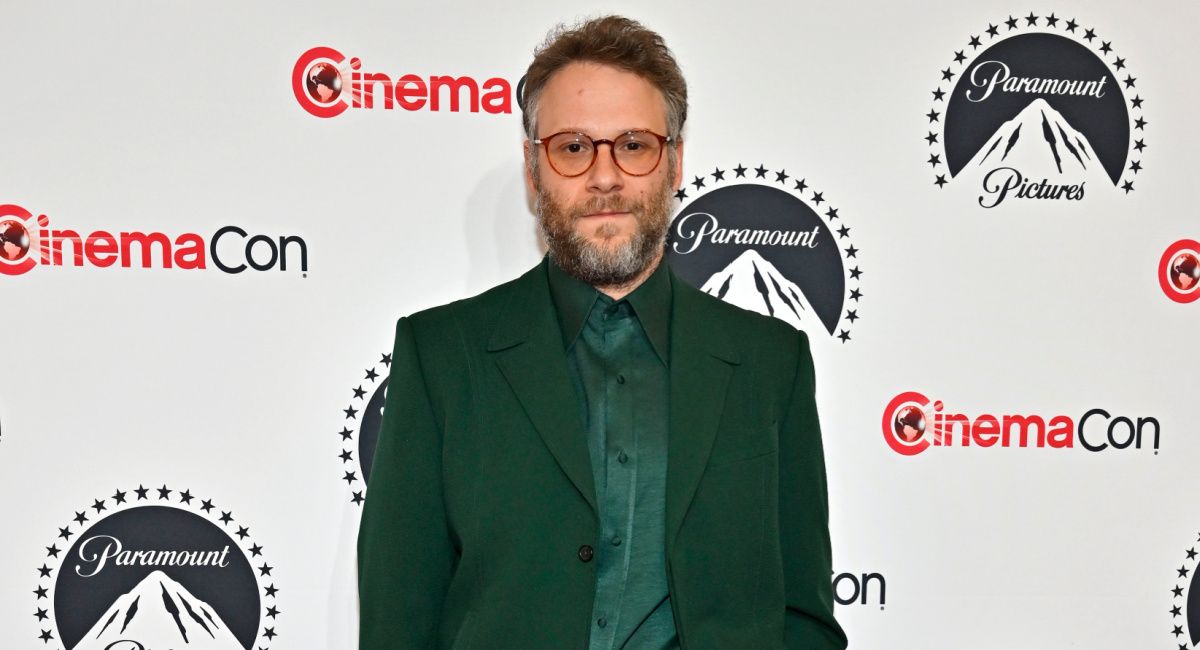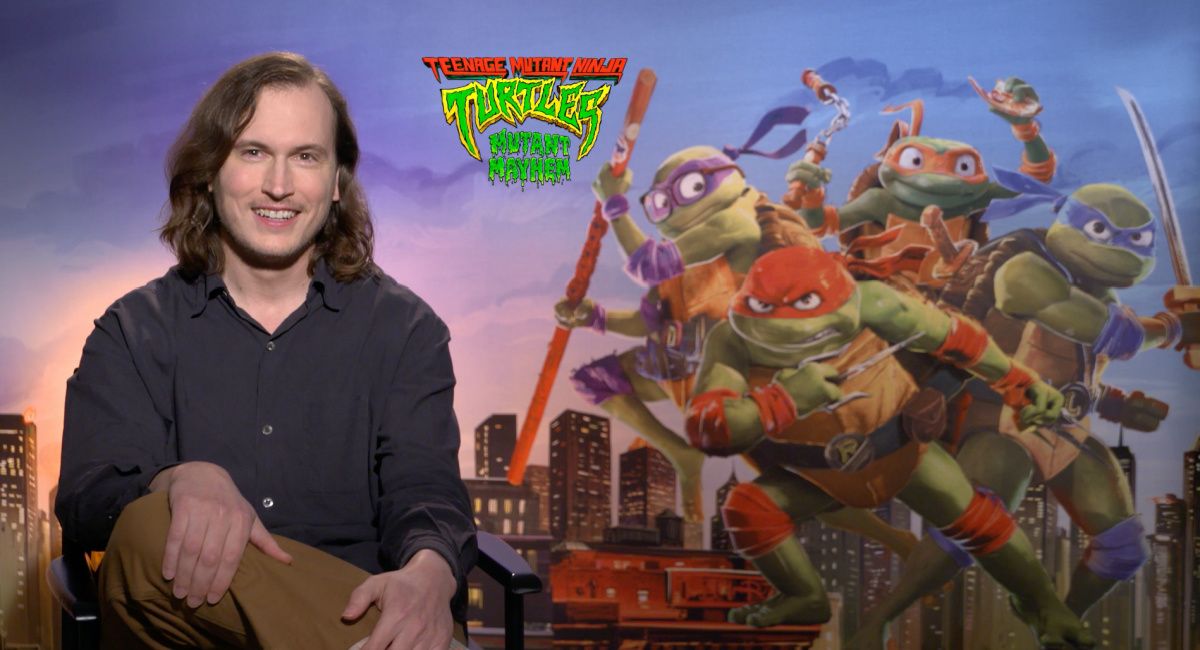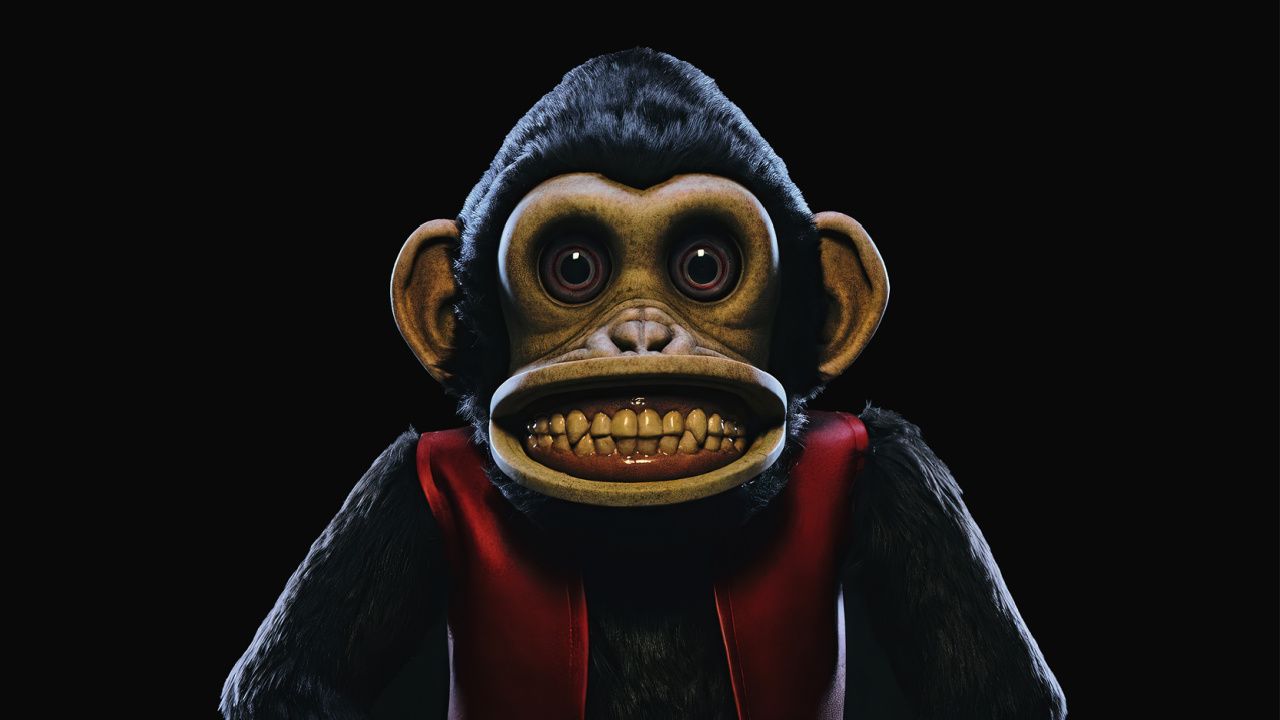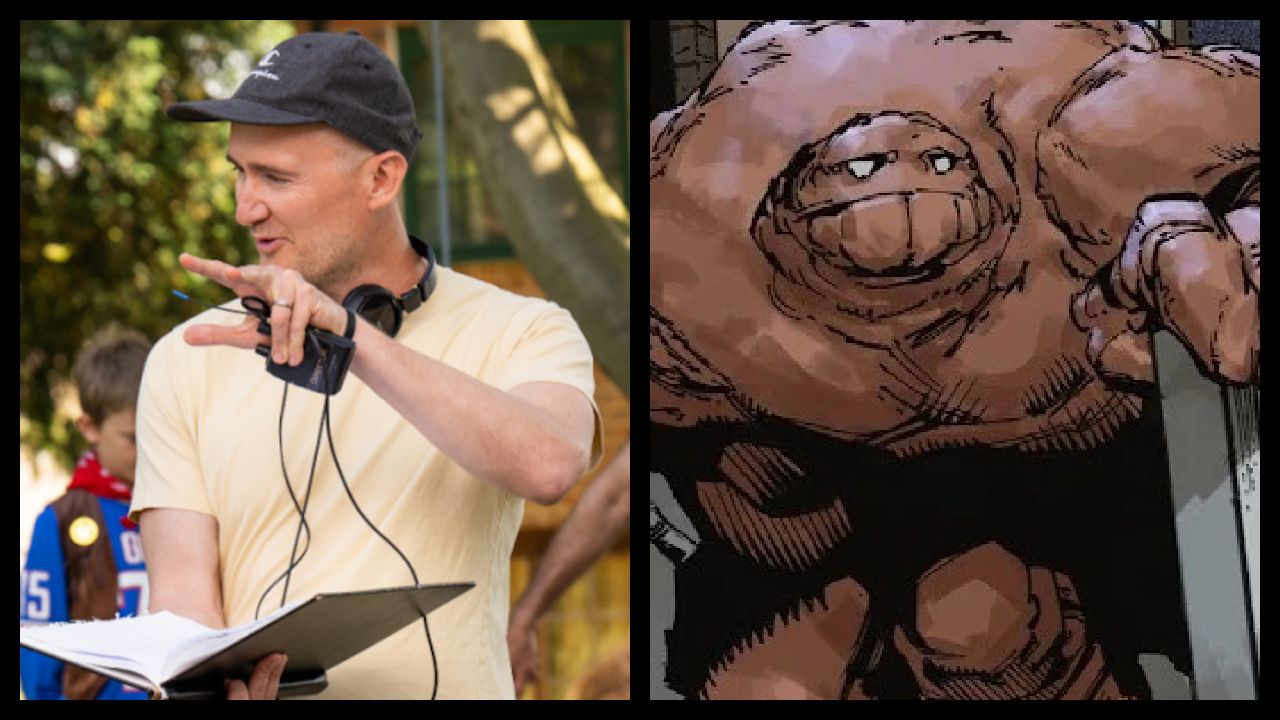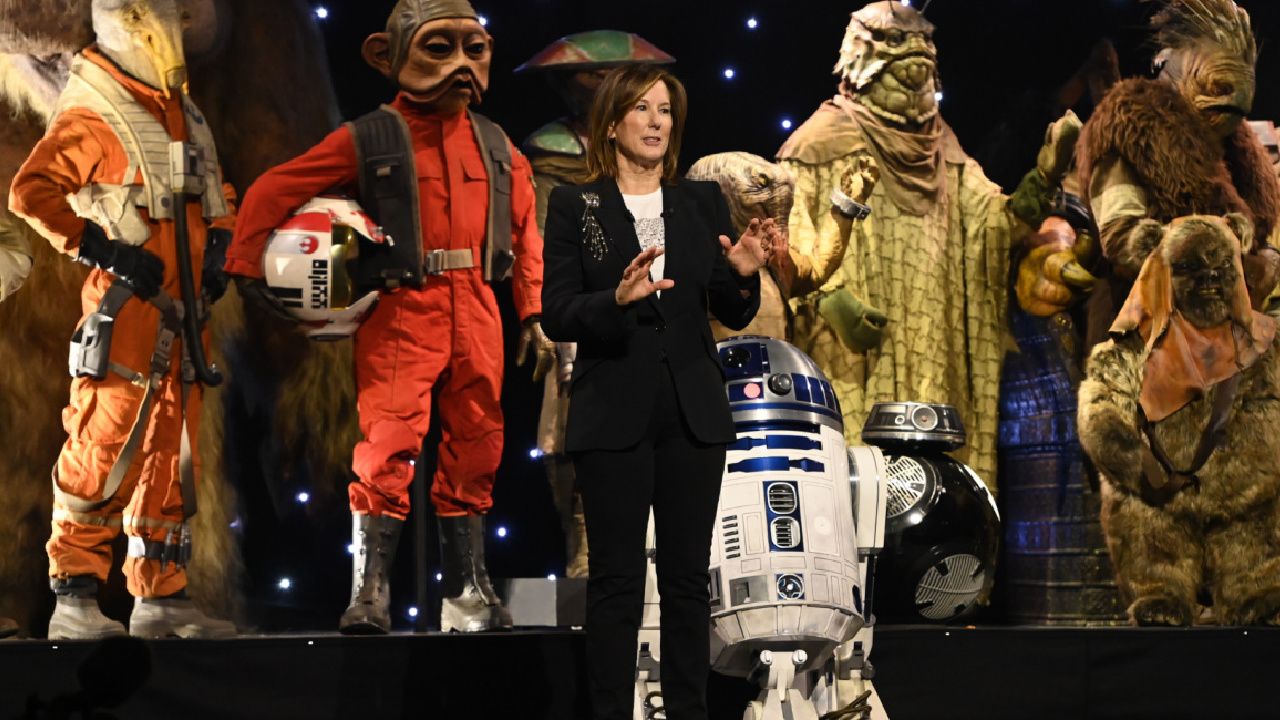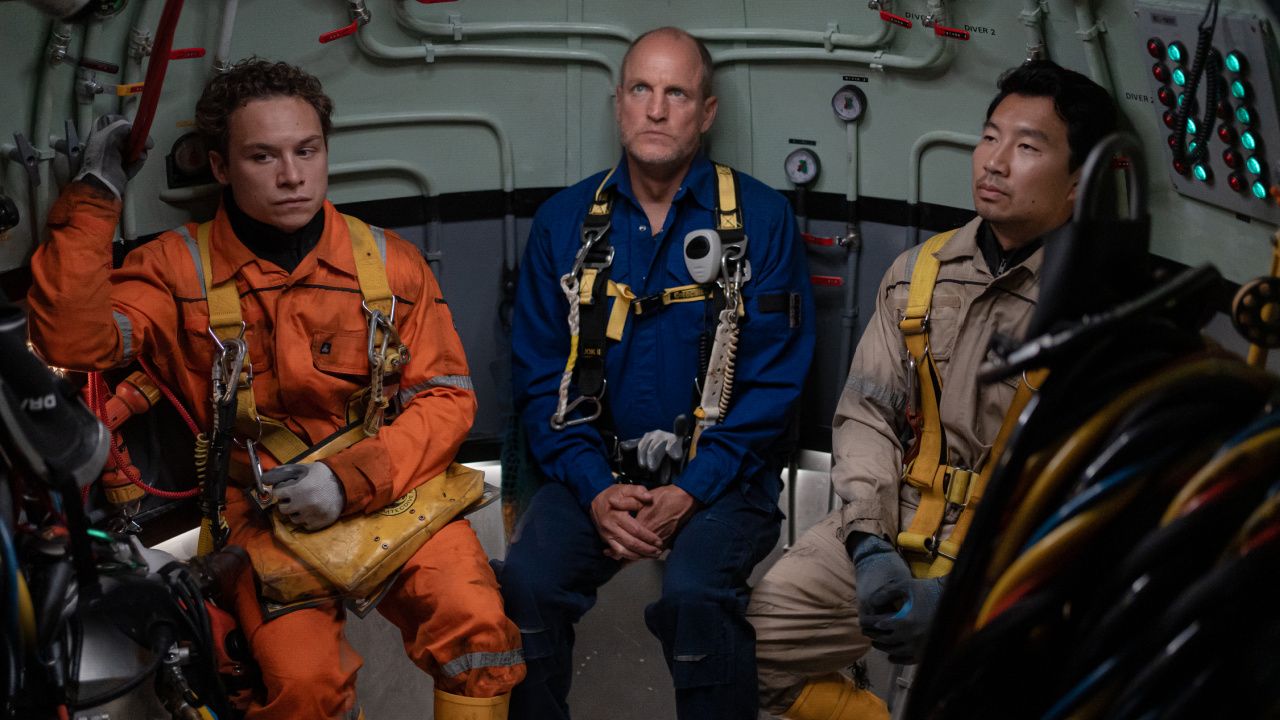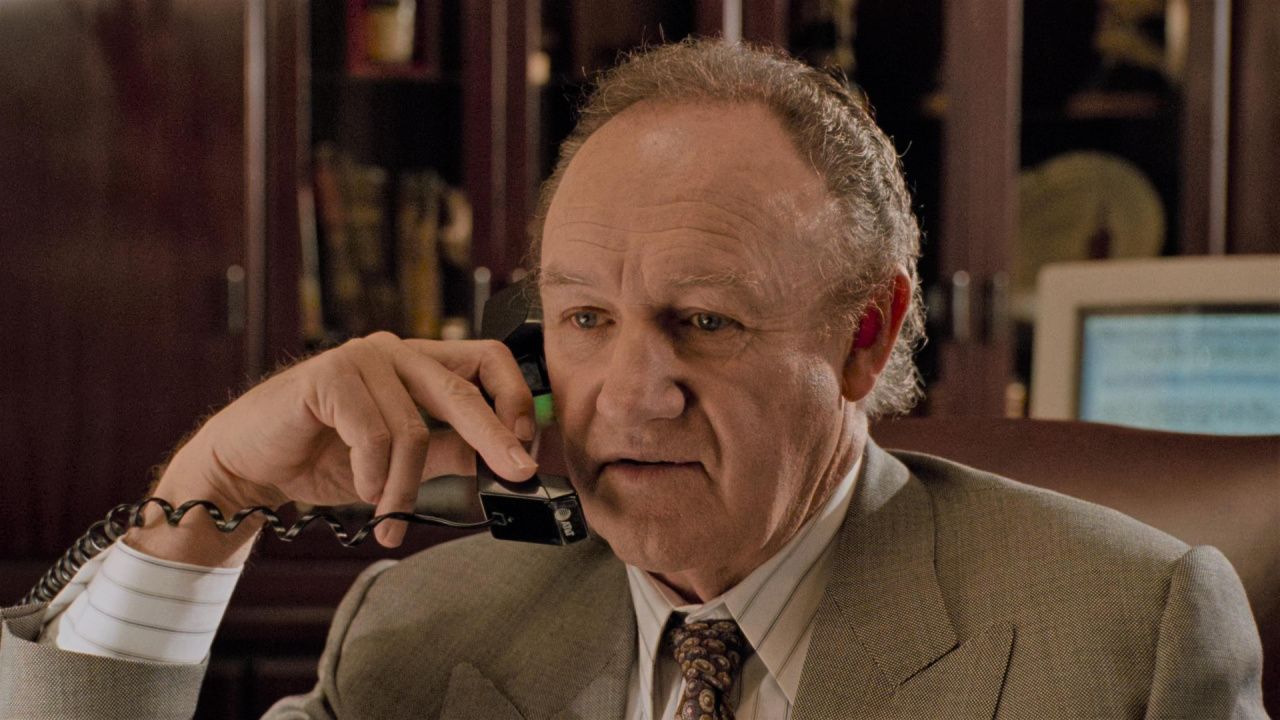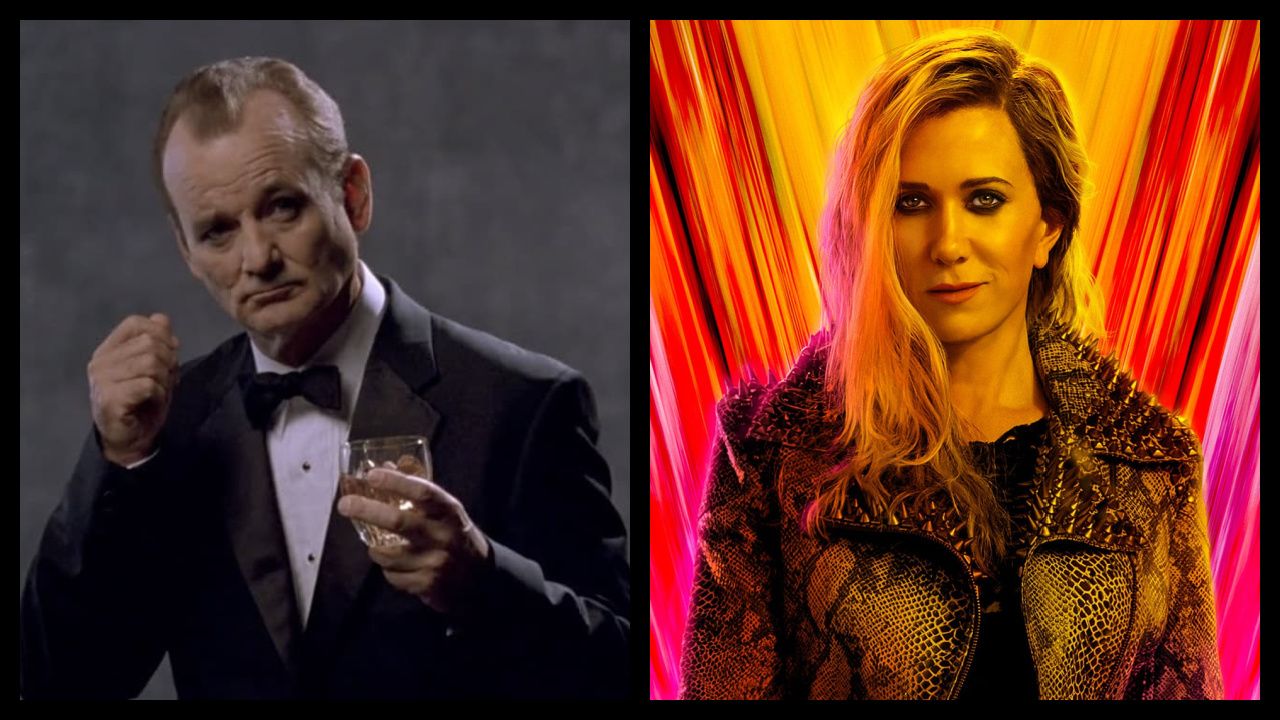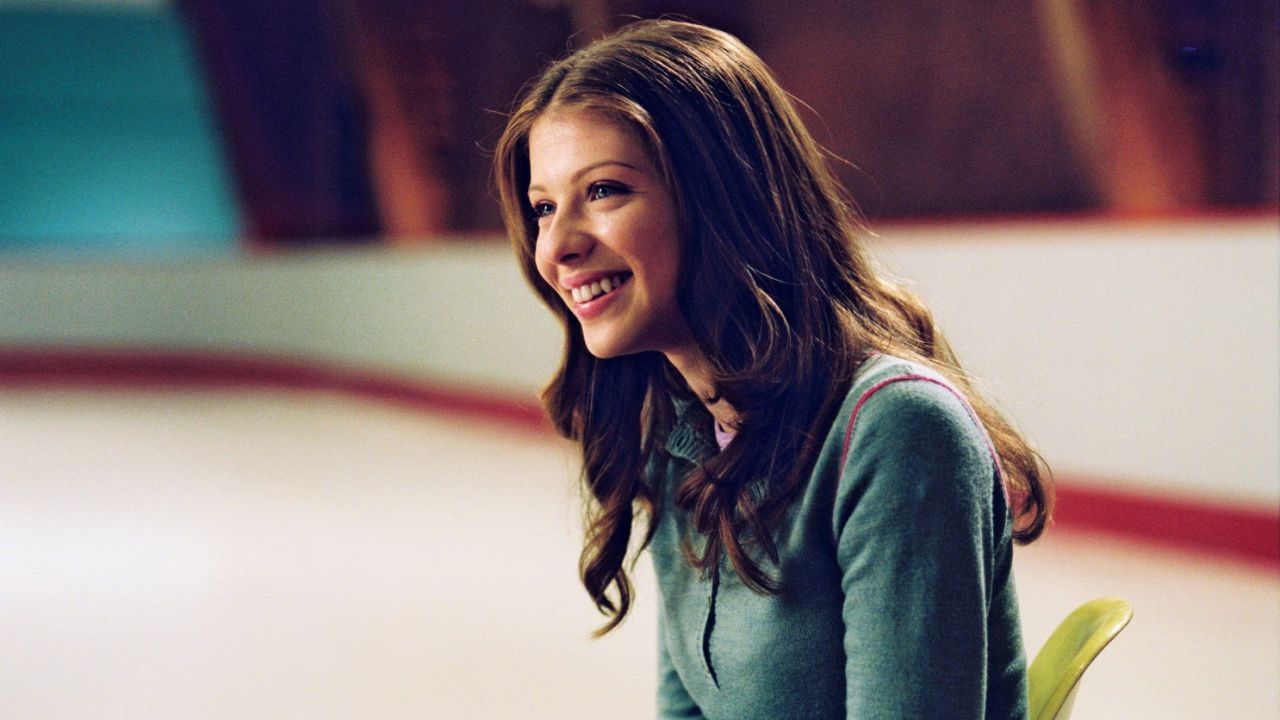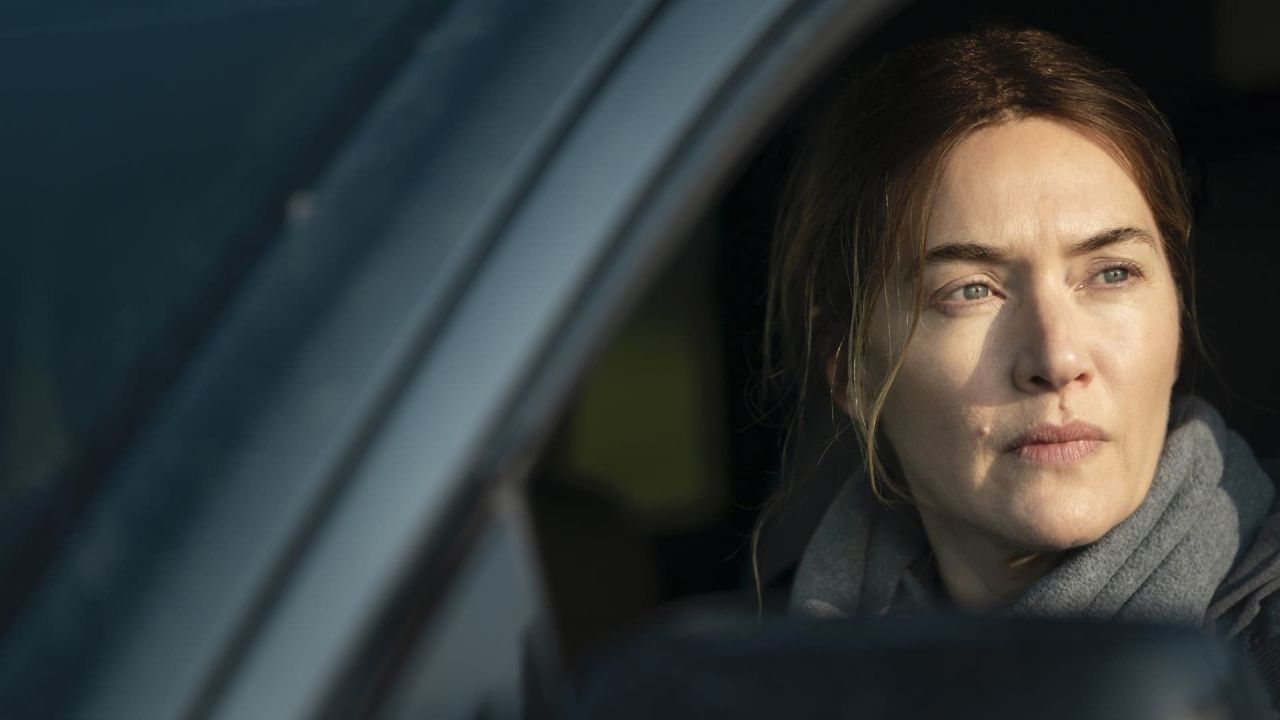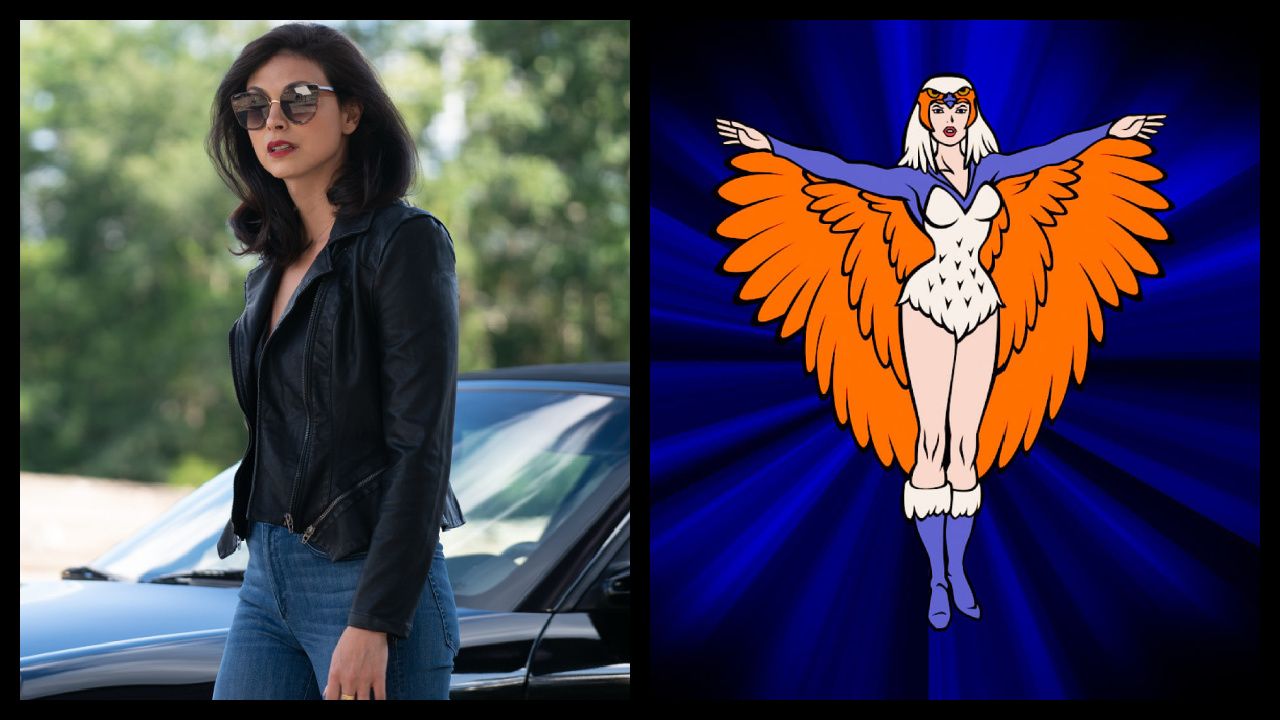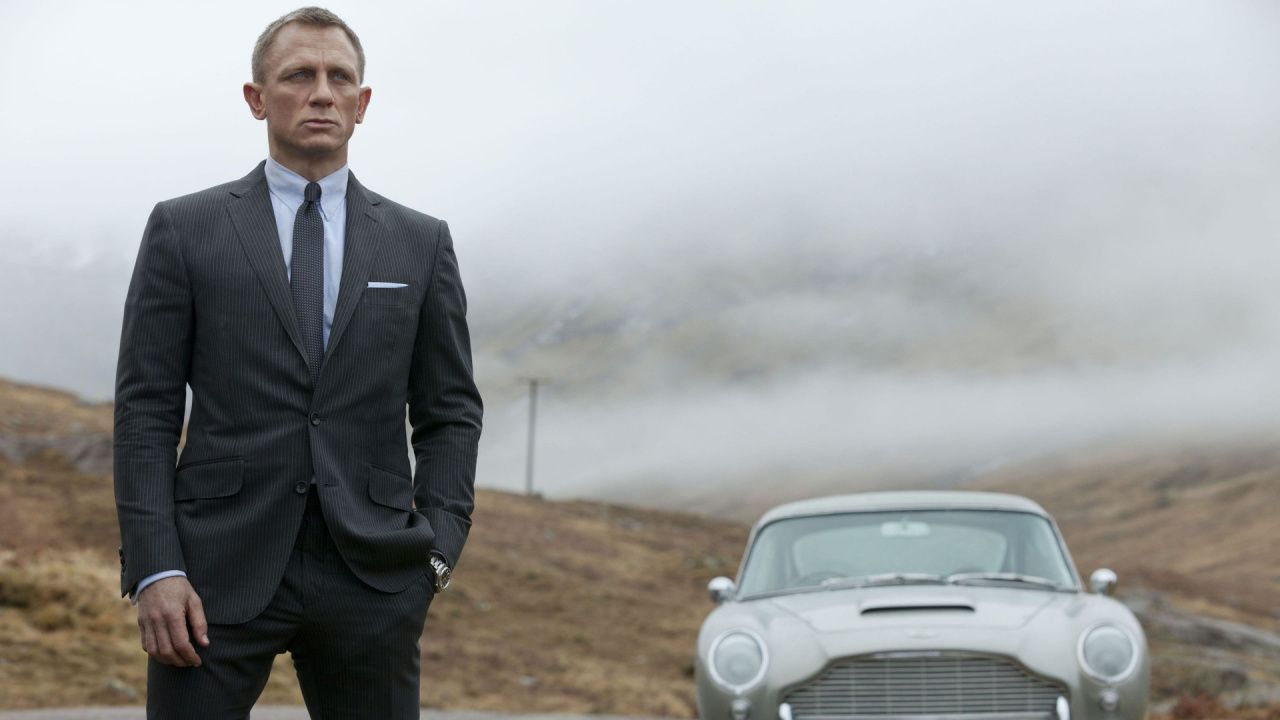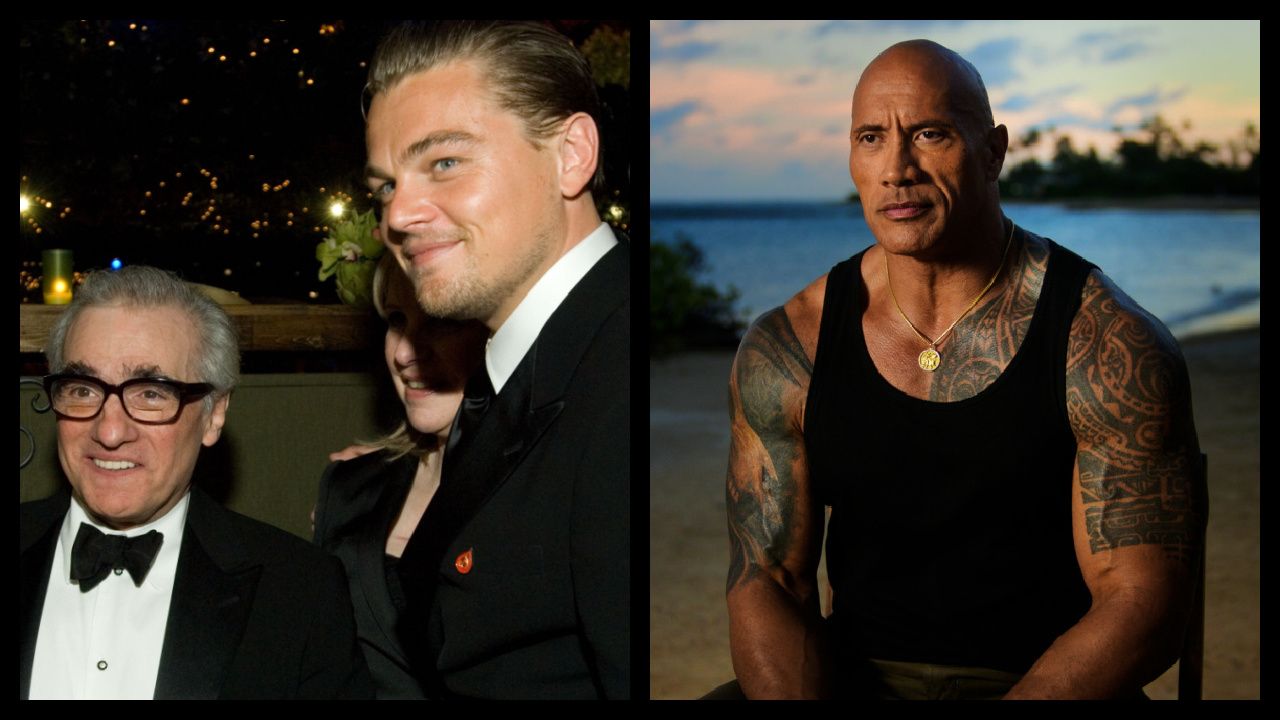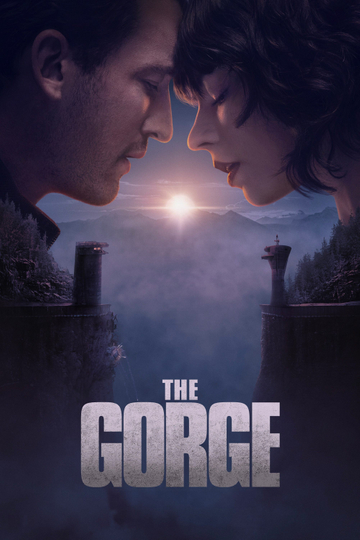How Seth Rogen & Evan Goldberg Are Driving 'Preacher' Season 2 Closer to the Comic
Seth Rogen and Evan Goldberg were just 13-year-old kids in Vancouver in 1995 and had already fallen hard for the comic book form. But when "Preacher," the hyper-violent, darkly hilarious supernatural series by writer Garth Ennis and artist Steve Dillon was released by DC Comics' edgy imprint Vertigo, it rocked their whole world and left a lasting mark on the future Hollywood players.
"If you ask either of us what our favorite comic was, always it was 'Preacher,'" says Goldberg. "It was always the thing we were trying to make ever since we were able to try to make things."
It was a dream they were able to see through to fruition. Rogen and Goldberg, of course, went on to become two of the entertainment industry's most in-demand multi-hyphenates, writing, producing, directing and, in Rogen's case, starring in a slew of high-profile films, including "Preacher," which others has previously struggled to adapt for film and for television, to AMC along with former "Breaking Bad" writer-producer Sam Catlin, with a first season that was undeniably faithful in character, spirit and tone to the comic book but also distinctively original in the place that it started its story.
As the series enters its second season, Rogen and Goldberg offered a glimpse into their creative intentions and process as they continue to try to capture the essence of the comic book's epic mix of darkly funny heightened violence and its more pointed moral and spiritual underpinnings while still trying to seed new surprises and make the best version of a way out-there TV show that they can.
On skewing more closely to the original setup of the comic book in Season 2, while still going off in original and wildly distinctive directions:
Seth Rogen: There's no one episode, I don't think, that really reflects any one issue with the comic. This season is maybe closest it's ever been this season. Yeah, I think it is beginning to take the shape a little bit more of the comic. They still, the writers still take a lot of creative freedom as far as just trying to make the best TV show that they humanly can. That is the one directive that they put in front of themselves is, how do we make the best TV show?
Evan Goldberg: People were always trying to make a film out of it, and it is like a flawed mission because it just is too big a thing. That's what the general feel for me was, and always been about the comic and the show. It's the universe. The fact that you can straight up have something happen in Hell, characters in Hell, from Hell, and you can do whatever your mind can conceive of that -- or Garth's mind.
Rogen: But when I watch the show, not just on a story standpoint, on a content level, we do things that we'd have a really hard time getting away with in a movie. Like there are characters in the show who are doing things that would, as much creative freedom as movies have, it would be pretty tricky to get some of that stuff by, and on TV right now, they're letting us do it.
So it's not just from a narrative standpoint, from a content standpoint, bizarrely, there's a lot of things in the show that I watch and I'm like, "We'd have a hard time convincing a movie studio to let us do that."
On the logic of launching the first season as a sort-of prequel to the comics and revealing how Jesse, Tulip, and Cassidy ended up road-tripping together:
Goldberg: That was a conscious decision from our conversations with Garth and Sam Catlin. We discussed how the comic kind of just like goes from zero to 60, and it kind of hurls you into it and tells you a lot of info very quickly. Also, it never shows the preacher preaching. Garth's got to sell those comics, he's got to get everyone hooked. But we have a bit more time.
Rogen: Hopefully! Yeah, to explore his relationship with God a little bit more was something that we thought we could do. I think if you read comics, it's not that crazy, a lot of the ideas. But if you're just someone who watches television and don't read comics, they're pretty, like, out-there ideas.
So we tried to be aware of that, and to kind of slowly build up to some of the things that if you're a comic book reader, you can just accept. It's not as jarring, if you're the type of person who's geared towards that anyway, and we tried to be aware that the people who watch this show, hopefully, are not just people who are instantly able to throw themselves into these like completely alternate universes, with completely alternate rules, and very large kind of world-building ideas. We thought, in order to ground the show, we would have it built up to some of that stuff.
On good vs. evil:
Rogen: I think one of the major themes of the show is good versus evil, and what is that? Is that even a thing? No evil person really thinks they're evil. Even if you later realize you were evil, can you redeem yourself? Can you be somewhere in the middle?
Again, a show where the themes are kind of heaven and hell, and angels and demons, not the theme, but players, that's very inherently something that we talk a lot about. It really interests us. I think that's one of the reasons that we're able to spend so much time working on it. Really, intellectually, it is nourishing to us.
On Season 2's wild opening scene:
Goldberg: We worked on that with them in the beginning in the writers' room, and the idea was kind of to -- we wanted to start right where we left off, but immediately make it feel quite different. We just wanted to start with something really shocking, and intense, and exciting, and not wait one second to kind of give people a taste of what this season's going to be like, and how it's going to be a little different. So we definitely amped up the action throughout the whole season.
Rogen: Also, to us, one of the most exciting things is kind of like the different tones the show is able to take on. It's able, we hope, to be funny, and kind of ironic almost, kind of winking to the camera sometimes, and then sometimes very scary, and very thrilling, and shocking.
We thought, if there was a way to kind of do all those things before the credits even started, then that would be very challenging, but hopefully, again, show the full range, almost, of what the show's able to do tonally, in like one little five-minute chunk, basically, to really show, oh, it could be funny, it could be scary.
You really don't know what's going to happen, and that, again, to us, was one of the most exciting things about the show, is that you really, hopefully, have no idea what's going to happen.
On the tricky aspect of nailing a tone that veers between violence and comedy:
Rogen: Self-awareness is key, I think, when swinging between tones. Really, really taking the time to think of how the audience is going to be perceiving any given moment of what they're watching. And really trying to take as much ownership over that as possible, and really trying to have all the conversations necessary with everybody to navigate that.
With like the car chase, yeah, that was something that like, as we were filming it, we kept saying, "We want it to look bad" -- because mostly, we weren't able to afford a good one. So we were like, "If we can't take five days and film a good car chase, let's take half a day and let everyone know that we are not trying to make this look good" In fact, the other way, we're really indulging kind of like the fun cheesiness of it, which also served the story, because in that moment, it's kind of like, it's all come together in this fun, perfect moment.
We just had a lot of conversations about it. It was honestly like, if we had just like unlimited resources, there's a chance it wouldn't look like that. It would have actually been like a cool "Fast and Furious"-style car chase. But ultimately, when I look at it, I think it's a lot cooler. Sometimes logistics dictate those decisions, but it's again, really taking ownership over it, and knowing, "Okay, we're a TV show."
You watch the best TV shows, and even sometimes their visual effects are like dicey at times. We are not the most expensive TV show on television, so how do we try to do whatever we want, and never tell the writers to limit themselves, and then to really think, "How do we do this in a way that shows self-awareness, and hopefully, plays with the tonal expectations of what people are watching?
On the show's outsider-ish view of America, given their Canadian roots, the European cast, and the creator's Irish background:
Rogen: It is, like, kind of a fantasized view of Americans. It is almost a version of America that is entirely gleaned from pop culture. It's the version of America that you get from watching TV, and movies, and beer commercials, and seeing cigarette ads, and watching Westerns.
I don't know how real it is, honestly, because I've spent very small amounts of time in churches in small towns in Texas. But I know, cinematically, it rings true from what I've grown to understand as the cinematic reality of what that is. I think that's how it was written and conceived of, and that's how me and Evan approach American culture in a lot of ways also. We grew up in a big city in Canada.
Goldberg: I see a football game at a high school and there's like hundreds of people there watching. It blows my mind.
Rogen: It blows my mind! But I understand that's a thing. So I could write that into a movie. So that is kind of how it is. I think that is why it does have this kind of comic book feel to it, because it isn't 100% a real reality.
It's kind of a manufactured reality, and hopefully the characters are real, and the emotions are real, and all that's real – the dynamic – but the world itself is not meant to feel like entirely authentic. It's meant to feel a little bit off, but also real. There is pop culture references to celebrities that are of our world, but there's also brands and things like that that are not of our world ... That's what our perspective of America is: a little off.
On taking creative ownership of the "Preacher" mythos, even though they didn't create the original material:
Goldberg: We don't even let people say Garth's name anymore [Laughs].
Rogen: I cancelled his flight last night. I think to some degree, we've started -- in this season, especially a little bit more -- to take ownership over the show. What's weird, as you said, and through that, it is kind of taking the shape of the comic book a little bit more. And Garth is very involved, and reads everything, and sees everything. That puts us at ease in a large way, because we know that he condones it, and likes it.
He's encouraged us to kind of go crazy and take big swings. He's expressed that he really likes the parts of the show where we do that. Yeah, I think stylistically especially, me and Evan have become to feel like we, as far as the show goes, are trying to help usher it in the right directions. Sam [Catlin] really runs the writing of the show, and we share opinions, and we talk to him a lot, especially at the beginning, just, again, to kind of talk about the big ideas. But as far as the dialogue, and the specific scenes, he's very much the custodian of that.
Comic-Con last year was the first time we spent a couple days with Garth, basically. It was great. He really seemed to like the show, and I think was, as Garth was, in shock that it was happening, and seemed very happy it was happening. And it's very sad. I feel lucky that we got to spend a little bit of time with him.

